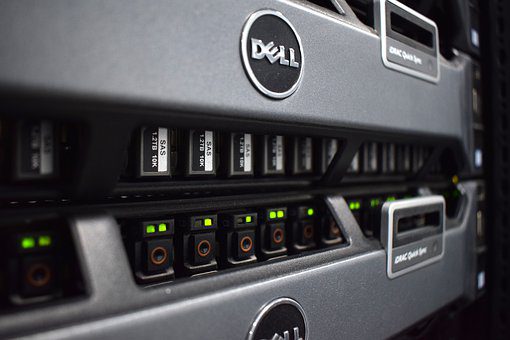Do you Really Understand Firewalls?
What is your company’s first line of defense when it comes to your computers? Your firewall system, of course! How well does your firewall protect your business? If you don’t know the answer you may need to find out more about how firewalls work and what your IT solution should be in order to protect your sensitive data.
Back in March, we wrote a blog about the different features of firewalls in our Firewall Buyers Guide blog. We examined how firewalls, specifically the next gen Sophos firewall, can provide advanced threat protection, identify and isolate compromised systems, expose hidden risks, and sandboxing. This month we want to take a closer look at why having a firewall that is right for your company is so important.

Ignorance is Not Bliss
Did you realize that on average, hackers infiltrate unsuspecting users’ computers every 39 seconds? That means that a third of all Americans will be hacked every year, and the numbers are still growing.
Add this information to the fact that according to a study by NCSA Cyber Security, only 4% of Americans say they understand firewalls "completely", while more than 44% don't understand firewalls at all! For business owners the phrase, “Houston, we have a problem,” comes to mind. If you don't understand firewalls, then you have no idea what the real importance is to your company.
Hiring an IT support company like ours can be a step in the right direction especially when your field of work leaves you little time or energy to learn about the nuances of firewalls and all the other measures you should be taking to protect your company.
Why You Need a Firewall
In case you are among the 44% who say they have no clue when it comes to firewalls, let us break it down for you in some fairly simple terms. You need a firewall to act as a barrier or a protective shield between your computer and cyberspace. Think of the number of times your employees need to use the internet, email, or transmit information between your office and clients or your office and consumers. Imagine if all of that work was open to any malicious hacker?
Now consider the types of information or packets that you may be sending (Yes, I’m looking at you, medical and dental offices, that need to remain HIPAA compliant!) Does that information have patient information, credit card numbers, personal identification information? If so, you are bound by law to keep that information private. The firewall on your network filters these “packets” of information to see if they meet certain criteria set by a series of rules and, thereafter, either blocks or permits the data. This way, hackers cannot get inside and steal information such as bank account numbers and passwords from you.

Finally, (although there are many more points that could be made) think about all of those malicious applications, sites, and cybercriminals out there. There are too many to count and the idea of how to protect your data could become overwhelming. That is where the next gen firewalls come in. They often include a feature that continuously updates the list of known good and known malicious applications. That way your network “knows” which applications are safe and those that are questionable.
If you are a business leader and need a more solid grasp on your network’s firewall solution, please give us a call at Spectra Networks and we can talk to you about what firewall solution is right for your company and its needs.
